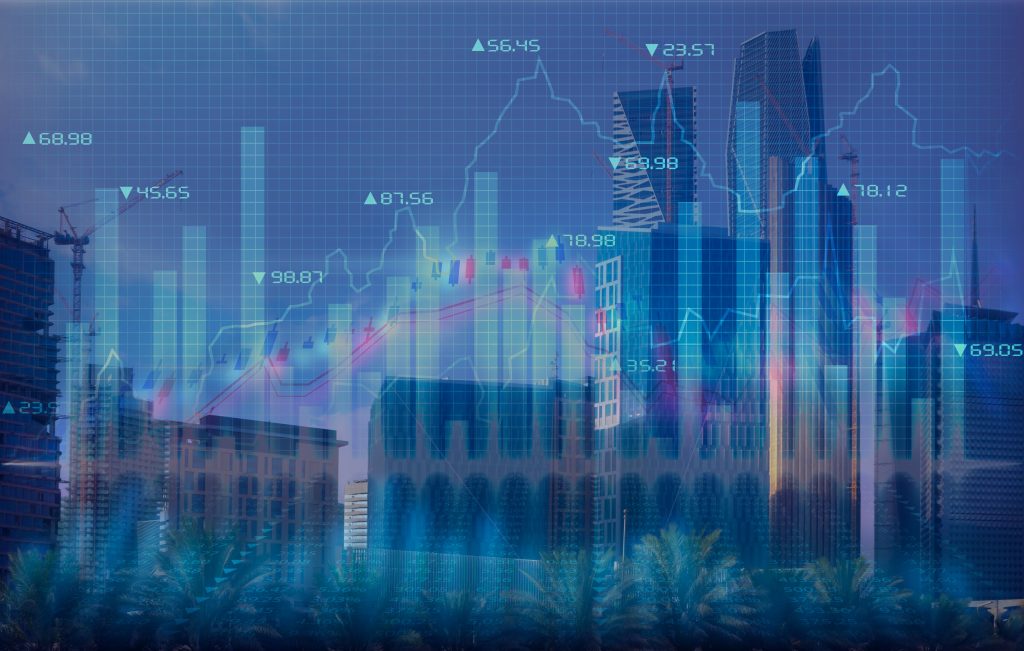The financial powerhouse of Saudi Arabia, the Public Investment Fund (PIF), is setting its sights on substantial investments in the semiconductor and space industries this year, advancing the nation’s ambition to diversify its economy beyond its traditional oil base.
Abdullah Al-Swaha, the Saudi Minister of Communications and Information Technology, hinted at a forthcoming “sizeable investment” in the semiconductor realm during a discussion at the World Economic Forum in Davos. While specifics were not disclosed, Al-Swaha indicated that an announcement regarding a leading entity to spearhead Saudi initiatives in this sector is on the horizon.
Al-Swaha, who also presides as chairman of Saudi Arabia’s Space Agency, noted that the PIF plans to establish a national space company. This enterprise will focus on investment and acquisition activities in the space sector, which he believes is currently primed for mergers and acquisitions (M&A).
Under the direction of Crown Prince Mohammed bin Salman, the PIF has become a cornerstone in the strategy to revamp the Saudi economy and reduce its dependence on oil revenues. The fund has amassed assets worth approximately $700 billion from a range of investments, including electric vehicle manufacturers and new sports events, and aims to manage $1 trillion in assets by 2025.
One strategic initiative of the PIF has been to foster an automotive manufacturing hub on the kingdom’s west coast. The US electric vehicle company Lucid Group has initiated car assembly operations there and will soon be joined by Hyundai Motor and Ceer, a brand initiated by the PIF. The broader strategy includes the development of ancillary industries, with the production of semiconductors and batteries in the pipeline.
Since the inception of its space program in 2018 and the launch of astronauts into orbit the previous year, Saudi Arabia has been steadily investing in the space industry. Al-Swaha expressed the kingdom’s aspiration to emerge as a regional and eventually a global leader in this domain, with the goal to establish regional dominance by 2030 and global prominence by 2040.
Al-Swaha also pointed out that a significant focus of Saudi Arabia’s space investments lies in communications, highlighting the need to connect the 2.6 billion people projected to still be offline in 2024. He asserts that space technology is the key to bridging this connectivity gap.
In the face of rising tensions between the United States and China, Al-Swaha remains confident that Saudi Arabia will continue to draw investment from tech enterprises from both nations, emphasizing the kingdom’s commitment to protecting intellectual property and preventing technology leaks.
Asserting Saudi Arabia’s stance as “pro-investment, pro-partnership, and open market,” Al-Swaha welcomes collaboration with any entities that align with the kingdom’s regulatory and security standards and serve its national interests.
